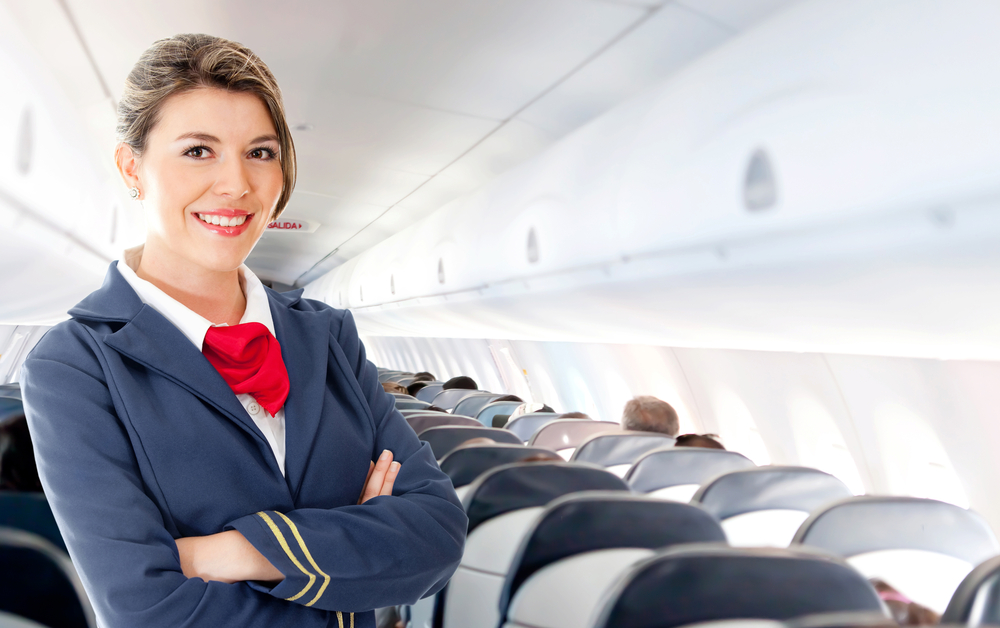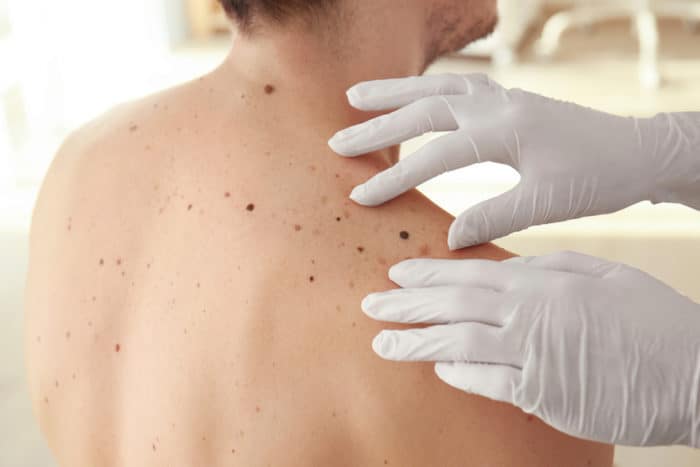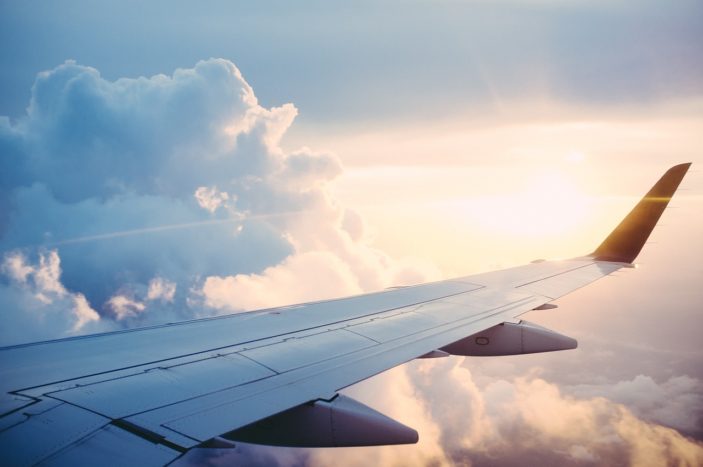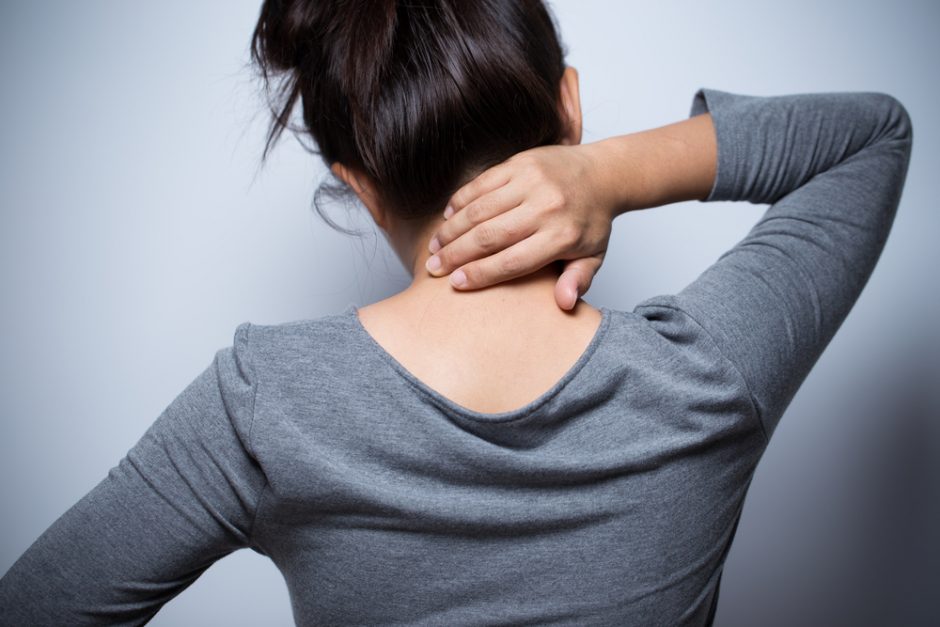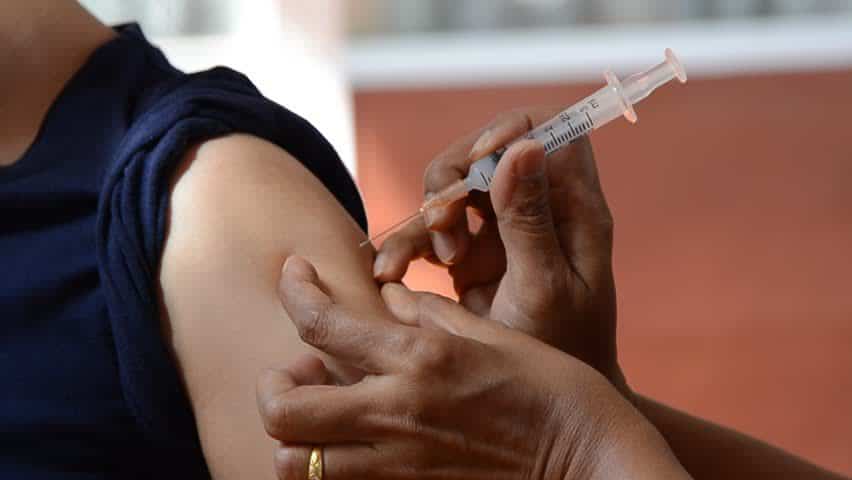Contents:
- Medical Video: Flight attendants linked to higher rates of cancer
- The risk of cancer in flight attendants is higher than ordinary people
- Why are flight attendants at greater risk of cancer?
- Cosmic ionizing radiation
- Cabin air quality
- Cigarette smoke
- Disrupted sleep cycle
Medical Video: Flight attendants linked to higher rates of cancer
Stewardess is one of the professions that are quite popular with young women. When can you work while traveling around the world to see? Even so, this profession has health risks that are quite serious and you need to consider carefully. A study from Harvard T.H. Chan School of Public Health found the fact that flight attendants had a greater risk of cancer compared to the general population. How did it happen? Here's the review.
The risk of cancer in flight attendants is higher than ordinary people
The study, published in June 2018 ago in the Environmental Health journal found evidence that flight attendants were more at risk of melanoma and nonmelanoma skin cancer and breast cancer compared to other communities. This finding was obtained based on a survey conducted in 2014 to 2015 on 5,366 flight attendants in the United States.
The survey asked various questions such as experience during work, lifestyle, as well as overall health conditions. In addition, a history of cancer offspring was also included in the research data.
The researcher then compared the results of the study with information from general population groups in the United States based on an annual survey conducted at U.S. The Centers for Disease Control and Prevention is called the National Health and Nutrition Examination Survey.
The results of the comparison show that flight attendants have a higher risk of cancer. This is especially true for some cancers such as breast cancer, melanoma skin cancer, and nonmelanoma skin cancer (basal cell carcinoma and squamous cell carcinoma) among female flight attendants.
Here are the details:
- 3.4 percent of female flight attendants have breast cancer, while the general population group is only 2.3 percent.
- 2.2 percent of female flight attendants have melanoma skin cancer, while the general population group is only 0.98 percent.
- As many as 1.2 percent of female flight attendants have melanoma skin cancer, while the general population group is only 0.69 percent.
- As many as 7.4 percent of female flight attendants have nonmelanoma skin cancer, while the general population group is only about 1.8 percent.
- 3.2 percent of male flight attendants have nonmelanoma skin cancer, while the general population group is only 2.9 percent.
In addition, the study also found that in some cases, female flight attendants who had longer flight hours had an increased risk of greater nonmelanoma skin cancer. Not only that, even women who have not and already have three children are more at risk of developing breast cancer.
Other types of cancer that also have a high chance of attacking flight attendants are endometrial cancer, gastrointestinal cancer, thyroid cancer, and cervical cancer.
Why are flight attendants at greater risk of cancer?
Although further research is needed but researchers suspect that this is very much related to sleep disorders related to work routines. In addition, working as a flight attendant turns out to increase the body's exposure to certain conditions and substances that can increase the risk of cancer. The following are various factors that are suspected to be the reason why flight attendants are more at risk of getting cancer.
Cosmic ionizing radiation
This radiation comes from outer space and the stronger the exposure when the height continues to increase. So the researchers stated that there is a strong enough possibility that radiation is one of which can increase the risk of cancer. In addition, flight attendants are also more frequently exposed to UV radiation compared to the general population.
Cabin air quality
The air in the flight cabin is not fully healthy. Because the air in the cabin may contain pesticides and other chemicals that will have a negative effect on the body if inhaled too long. For example, chemical compounds derived from machine leaks can disrupt hormones and increase cancer risk.
Cigarette smoke
Cigarette smoke that sticks to clothes and body can actually increase the risk of cancer. So, breathing in a frequent time from passengers or other crew members who had previously smoked can trigger a negative reaction on the body.
Disrupted sleep cycle
Flight attendants tend to have disturbances in sleep patterns due to irregular working hours and adjusted to time zones in each flight area. Some studies have found an association between sleep disorders and an increased risk of cancer. When the body's circadian rhythms are disrupted, this will result in immune function and cell metabolism which ultimately risks triggering the development of cancer cells.

